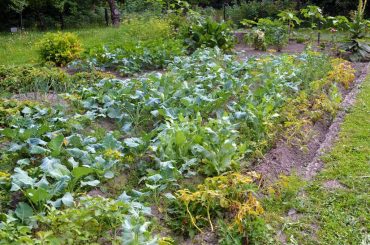 The temperate weather of Western Washington and the long growing season create a gardener’s paradise. This year, due to unusually warm temperatures, I have found myself out in the garden early, visiting with my plant friends that have lain dormant all winter.
The temperate weather of Western Washington and the long growing season create a gardener’s paradise. This year, due to unusually warm temperatures, I have found myself out in the garden early, visiting with my plant friends that have lain dormant all winter.
I spy a young asparagus pushing up, masses of rhododendrons in bloom and an overgrowth of self-seeding arugula. The design and color of the arugula flower reminds me of the elegant gowns of a Marie Antoinette. Such distinctive flowers make the disarray of arugula plants worthwhile.
I look up from my weeding and gaze out toward the Tacoma Narrows looking for a dorsal fin. Orcas and porpoises have been sighted in the southern Puget Sound recently.
It is a wonderful day to garden, which is good, because the list of chores is long. It is hard to have an organic yard. I have been an organic gardener for a decade now, inspired by my children and chickens.
Such ambitious inspiration, however, does not relieve the hard work that my organic choices have brought. Let’s be honest: A natural yard can be difficult, especially while it’s being developed, and it doesn’t always look as romantic as the garden picture books imply when they feature a lovely organic urban farm. But, my choices in the garden do have a significant effect on the Puget Sound.
By following the gardening practices recommended by the organization Puget Sound Starts Here, gardeners can reduce stormwater runoff and minimize pollutants entering the sound. Each gardener can help the native Olympia oyster grow, reduce toxins in the water and protect the long-term health of our marine mammals.
Puget Sound Starts Here recommends minimizing pesticides and herbicides. I have found that this requires me to accept a certain level of imperfection in my yard because at certain times of year, it is difficult to keep up with the weeds. And, I have read that only about 5 percent of the insects in the yard are harmful pests, but at certain times, when your cauliflower harvest or beautiful tomatoes are under attack, it can feel like 95 percent of the insects are intent on garden destruction.
There are other options besides sprays, which can migrate down to the Puget Sound. Well-placed insect traps, barriers and natural foliar sprays made out of compost tea from your local farmer’s market can help reduce insect damage.
I like to use chickens in my yard to reduce slug and insect populations. The chickens love their insect treats and I love the eggs and the fertilizer. I also employ my kids — and sometimes their friends — to weed. It is a win-win for both of us, because they are outside, dirty and discovering the micronature of the soil, while I have a few less weeds to pull.
Just like people build a healthy digestive system with yogurt and fiber, a healthy soil biosphere nourished with organic matter, earthworms, beneficial insects and fungus will lead to more disease- resistant plants and increased biodiversity. Healthy soil works like a sponge and reduces stormwater runoff into the Puget Sound and reduces your need to water in the drier months.
Five years ago, my soil was barren, rocky clay, destroyed by the overuse of landscape cloth, pesticides and herbicides. No worms or insects were in the soil, and as a result there were few bees, butterflies or birds in the garden.
The winter rains just washed downhill to the Puget Sound, bypassing my struggling plants. Removal of landscape cloth, large additions of compost, and chickens and children digging around have led to an explosion of life in the yard.
Just like rainwater returns to the ocean, the ocean returns to my yard now with kelp and fish-based fertilizers that gently nourish the soil. I still have too many weeds but as I continue to thoughtfully cultivate my yard, I find that I have less and less repetitive maintenance.
Perhaps one day, I will sit out in my yard and listen to the buzz of hummingbirds, the barking of the sea lions and simply watch the whales swim by.
For more information about how we live on land and its effects the Puget Sound, please visit Harbor WildWatch and download the free Guide to Shoreline Living.







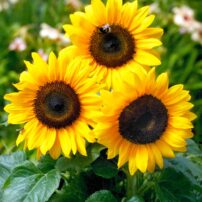
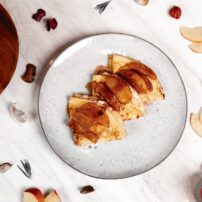

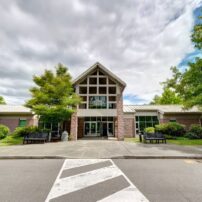
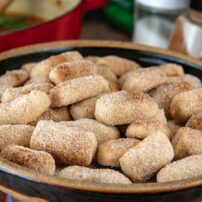


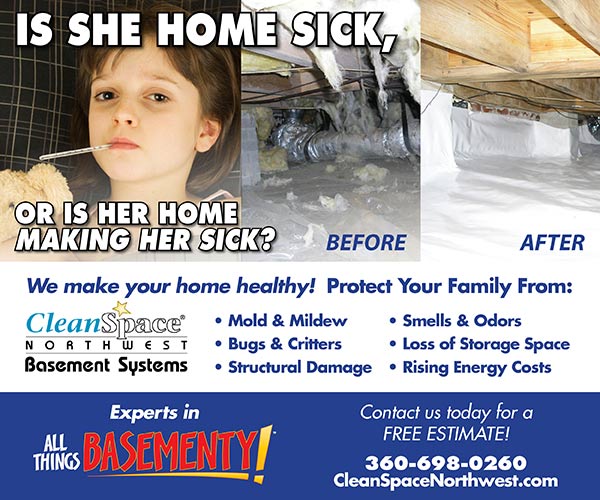

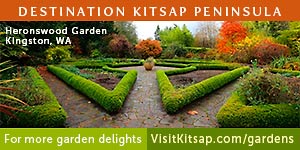


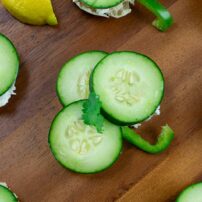
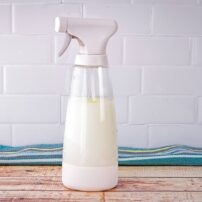
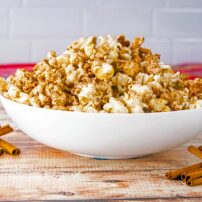
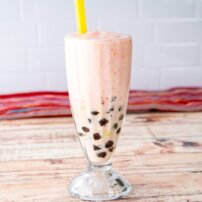
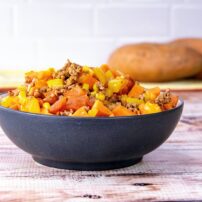
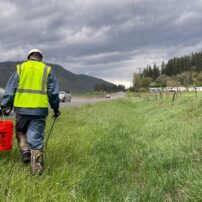
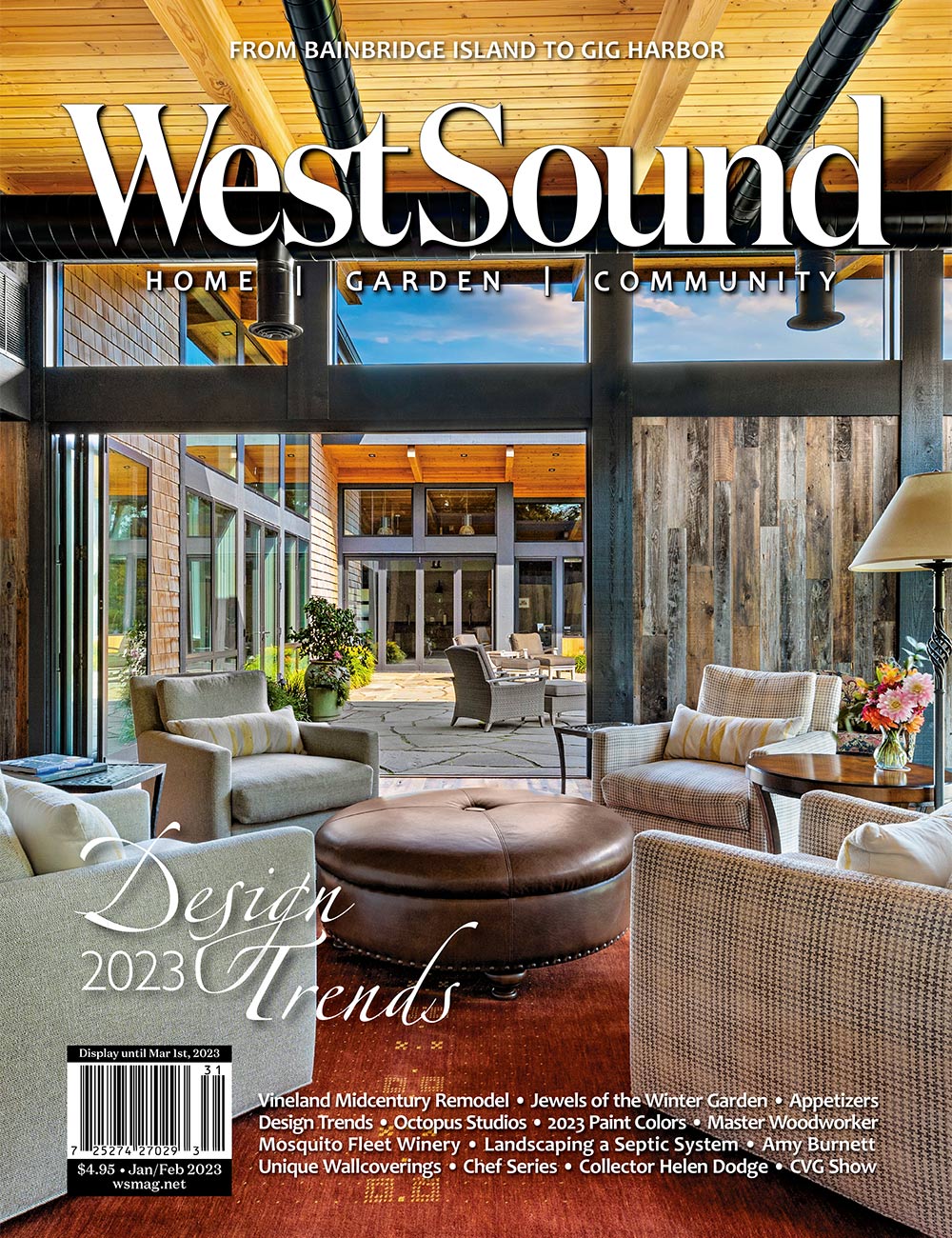
Comments